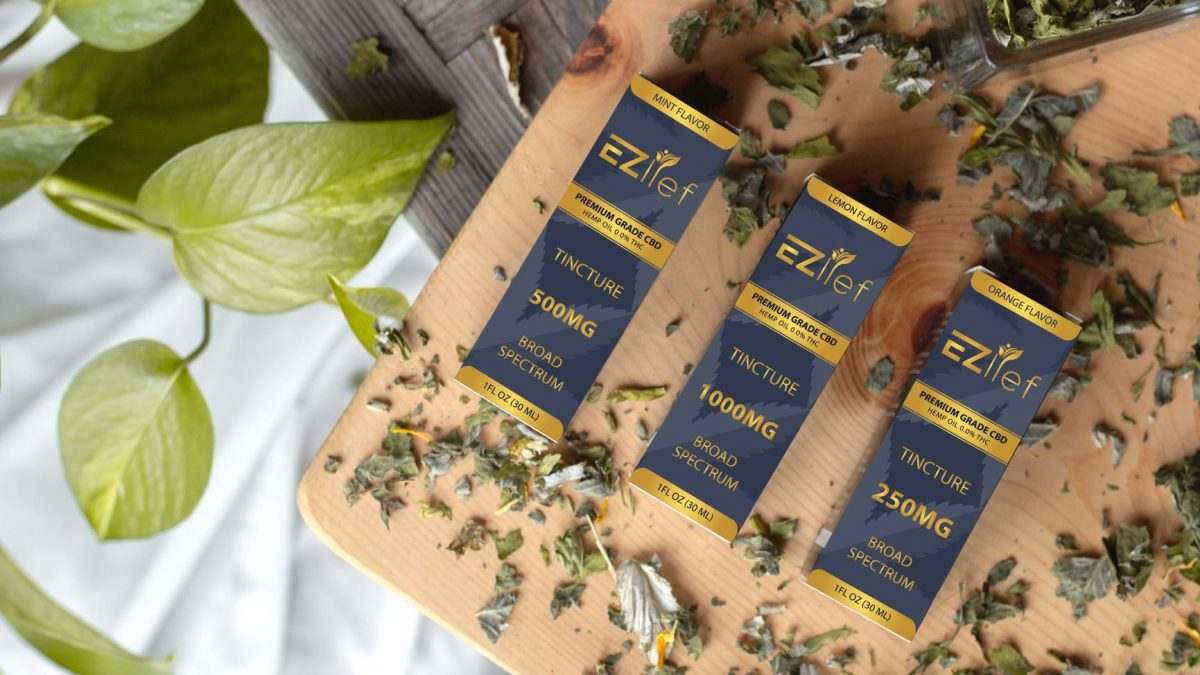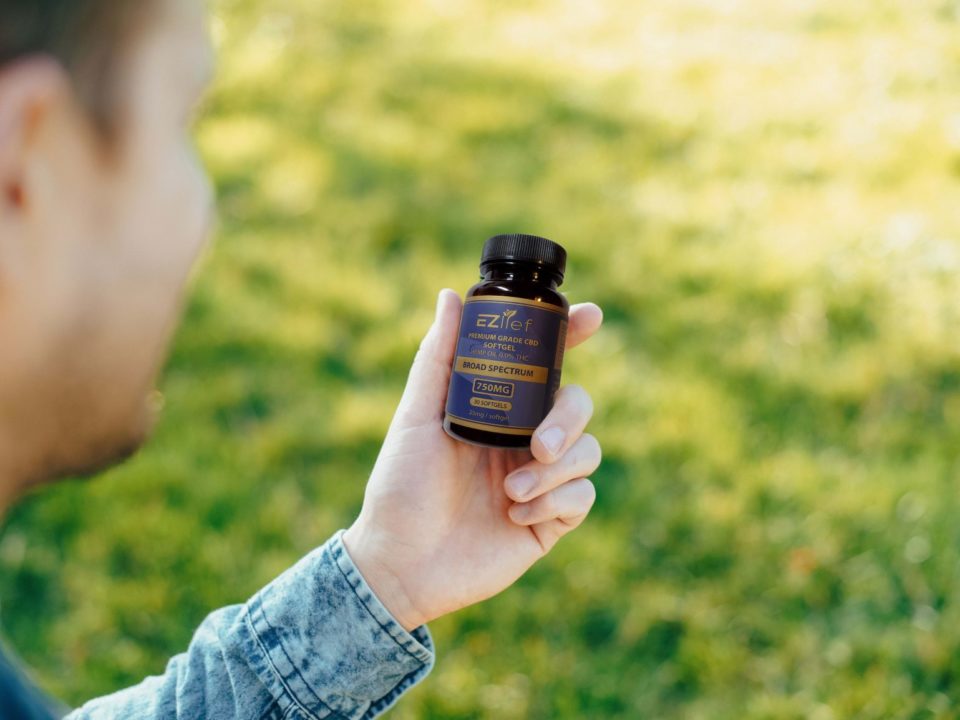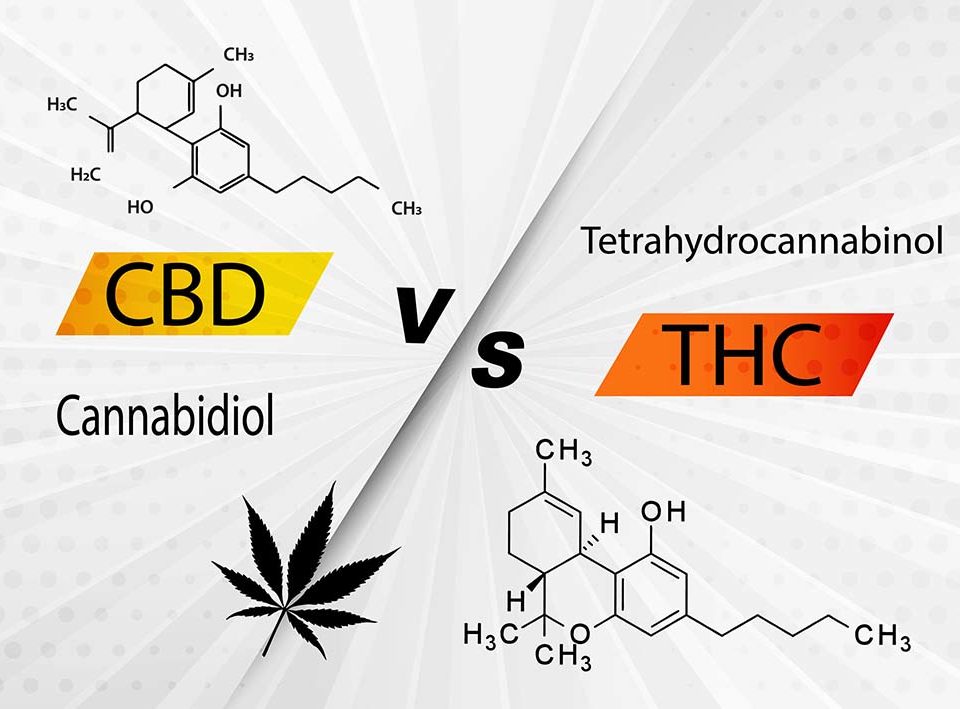PCR Hemp Oil – Everything You Need to Know

Hemp Oil vs CBD Oil: What’s the Difference?
December 27, 2019
Can CBD Really be 100% THC Free? Benefits of 100% THC Free CBD
February 14, 2020PCR hemp oil: As most people now realize, CBD has become one of the hottest and most popular supplements currently available on the market. Its popularity has shot through the roof in a relatively short time, accelerating the CBD market into a multi-billion dollar industry. This popularity is driven by numerous studies that have shown that CBD may be capable of providing relief for a variety of physical and emotional challenges.
However, the newness of CBD to the general market has resulted in a great deal of confusion about the drug. Indeed, there are many misconceptions out there about what CBD is. What it does, what impact it has on your body and its various side effects.
Additional complications arise when you consider that there is not just one variety of CBD. Numerous varieties exist, like Full Spectrum, Broad Spectrum and Isolate.
Within the CBD industry, these are relatively well-known terms. However, there’s also PCR Hemp Oil, a variety of Hemp oil that people know relatively little about. This guide will answer some of the most common questions about it and its potential to provide assistance to you – and maybe even your pets.
What is PCR Hemp Oil?
In order to answer this question, it’s worth better describing the composition of CBD Oil.
Ingredients
Generally speaking, CBD contains three broad classes ingredients. There is significant variation within each ingredient, but all forms of CBD contain:
- Cannabinoids: CBD is actually short for cannabidiol, which is a specific type of cannabinoid. Cannabinoids are naturally produced within your body and a key component of your body’s Endocannabinoid System, which is involved in the regulation of a variety of bodily systems (such as pain, inflammation, appetite, stress and more). Other examples of cannabinoids include THC, the component of marijuana which can get you high.
- Flavonoids: Chemical components that are responsible for the taste and smell of a plant. They are not exclusive to cannabinoids, and there are well over 8,000 types of flavonoids.
- Terpenes: Like flavonoids, they are responsible for the smell in many different plants. There are over 20,000 types of terpenes, and more than 100 in the cannabis plant.
Definition
PCR Hemp Oil is a different type of CBD Oil. The “PCR” stands for Photocannabinoid-Rich. It is a specific type of CBD Oil which has a different composition than regular CBD Oil. That composition is broader than regular CBD oil. It contains CBD but also a variety of other cannabinoids, including Cannabichromene, Cannabigerol (CBG) and Cannabidolic Acid (CBD). It also contains dozens of different terpenes, which make up anywhere from 1-4% of the overall formula.
However, there’s an important item to note when it comes to the sale of them. Vendors of the product like to see it characterized as essentially an improved version of CBD Oil. The problem is that there is not really a scientifically accepted definition of the product. And there are certainly no regulations regarding what can and cannot be sold as PCR Hemp Oil. Unfortunately, as we have seen within the CBD industry as a whole (and particularly less scrupulous sellers of the compound), this can create an environment in which consumers are sold sub-par and poorly labeled products.
PCR Hemp Oil vs CBD Oil
Remember, CBD Oil is a relatively broad term. CBD Oil encompassing a variety of types of CBD products, including Full Spectrum, Broad Spectrum and Isolate. Furthermore, CBD Oil can have varying levels of cannabinoids, terpenes, and flavonoids.
PCR Hemp Oil, by contrast, is very specific. In short, it contains a different chemical profile than CBD Oil.
In total, you can picture it is a more comprehensive version of CBD Oil, one which contains additional chemical compounds. It goes through a different manufacturing and processing process than CBD Oil. This allows it to maintain more of its naturally occurring vitamins, fatty acids, terpenes, and flavonoids.
Benefits of PCR Hemp Oil
Given the similarities between CBD Oil and PCR Hemp Oil, many claim that it can make a similar positive impact as some studies have claimed about CBD Oil. This means that it has the potential to help reduce inflammation, relieve pain, assist with sleep and minimize seizures.
A word of caution: None of these statements have been approved or confirmed by the U.S. Food & Drug Administration. As such, PCR Hemp Oil is not currently available as a prescription, though it may be taken over the counter as a supplement. Furthermore, no marketing firm can claim that it can definitively address medical problems. Doing so will almost certainly invite a cease and desist letter from the FDA.
PCR Hemp Oil FAQ
If you think that CBD is a relatively under explored area, you’ll be even more interesting in PCR Hemp Oil. While many vendors have begun to tout its benefits, there are a series of questions about it which must be answered.
Is It Legal?
Absolutely. Previous to the passage of the 2018 Farm Bill, Hemp and CBD Oil were listed under the Schedule 1 list of restricted products because of its THC content. THC is the specific cannabinoid found in marijuana that is responsible for getting someone high, and one of the reasons that CBD was ultimately removed from the Schedule 1 list was because its THC levels were far too low to result in any sort of intoxication.
At the most, PCR Hemp Oil will contain trace amounts of CBD, and far less than the .3% legal limit in CBD. It also does not contain any other restricted chemicals. As such, as long as it is produced within legal specifications, it is legal.
Does It Get You High?
Absolutely not. Like CBD, PCR Hemp Oil will contain trace amounts or zero amounts of THC. Most modern marijuana contains 20% THC, and this THC is necessary in order to create any “high” or intoxication. As such, the trace amounts of THC contained in it are not adequate to result in any sort of intoxication.
Where Can I Get It?
There are many vendors and retail stores which sell PCR Hemp Oil. Since it is fully legal, there are no restrictions on where you can purchase the compound. You can ship them over state line without fear of breaking any state law.
What Does the Scientific Research Say About PCR Hemp Oil?
There is no shortage of research about CBD Oil. Many studies have shown its potential to achieve a variety of positive impacts on your physical and emotional state. However, research about specific PCR Hemp Oil is currently lacking. There do not seem to be more than a handful of scientific studies that demonstrate how it is superior to CBD Oil.
To be clear, the chemical compounds described above do indicate that PCR Hemp Oil contains a variety of chemical compounds that may be beneficial to you. Furthermore, there is a popular theory within the CBD universe known as the “Entourage Effect.” According to this theory, the interaction of all naturally occurring CBD chemicals creates a more positive overall CBD impact. While the evidence on the efficacy of the Entourage Effect is mixed, if you believe in this theory, it holds that it would be more effective than regular CBD oil. This is because it contains more ingredients to make a positive impact.
However, at the moment, the scientific research on the subject is too limited to make this claim more definitively.
Does PCR Hemp Oil contain THC?
It can. Just like CBD Oil, some varieties of PCR Hemp Oil contain THC. Others do not. If a PCR product contains THC, it will be marketed as Full Spectrum PCR Hemp Oil. If it contains no THC, it is marketed as Broad Spectrum PCR Hemp Oil.
Can It Help My Pets?
Some vendors state that PCR Hemp Oil can help pets in different or better ways than CBD oil. The theory here is that the additional compounds of it can provide additional assistance for an Endocannabinoid System which is not functioning at optimum levels.
The theory behind this idea is sensible, and may even prove to be accurate one day. Furthermore, at least one study has specifically noted the benefit of phytocannabinoids in animals. However, more studies are needed before such a claim can be definitively made.
For now, before giving your pet PCR Hemp Oil, it is better to check with a veterinarian to determine possible medical complications. Look at any additional research which has been conducted in this area. The question about whether or not it can help your pets cannot be definitively answered yet. However, given the amount of attention that many are paying to this field. It is very possible that future research will be better able to definitively answer this question.
How can I confirm that the PCR Hemp Oil I Purchase Is The Right One?
You can’t, and this is one of the biggest problems with PCR Hemp Oil at the moment.
Certificate of Analysis
The challenge is not whether or not you can determine what is in any CBD or PCR Hemp Oil product you purchase. That you can do with any Certificate of Analysis, which is an independent lab report that essentially lays out what chemical compounds and products are inside of a sample of CBD that you purchase. Indeed, you should never purchase a CBD product without viewing their Certificate of Analysis, as this is considered a basic measure of trust that all reputable company’s take within the CBD industry.
The biggest problem is the broader use of the term PCR Hemp Oil. It is generally accepted to mean a type of CBD which contains a wider array of chemicals than regular CBD Oil. However, there is not a scientifically agreed upon definition. More importantly: There are no FDA regulations regarding what can and cannot be used as an acceptable definition of PCR Hemp Oil. As such, nothing stops a CBD company from labeling its product as being a “PCR Hemp Oil,” when that is not the case.
Viewing a company’s Certificate of Analysis is a good way of determining whether or not a product is PCR Hemp Oil, but unless you know what you are looking for. There may not be a lot of value in it. The best thing you can do is view a PCR Hemp Oil’s Certificate of Analysis and compare it to a CBD product by the same company. This way, you can determine if the company claiming to have a PCR Hemp Oil product does, in fact, have a broader away of chemicals in it.
Conclusion
So, what does all of this mean? It is certainly a different product than regular CBD oil. However, a variety of items about it. This includes its therapeutic potential, long-term consequences and specific impacts which may make it superior to CBD Oil – remain to be determined. As always when buying a CBD product, use purchase before spending your hard-earned dollars, and make sure to check with a Doctor and view and Certificate of Analysis before making a purchase. From there, it comes down to personal preference in order to see if it is right for you.






2 Comments
I enjoyed reading this. I discovered your blogs via Twitter while searching for a related topic, your blog came up and I am so glad it did Great read. Great post!
Thanks so much for sharing this important topic.
I found that the CBD is helping me a lot me. panic attacks and depression.
I’m going to give a try to the PCR.